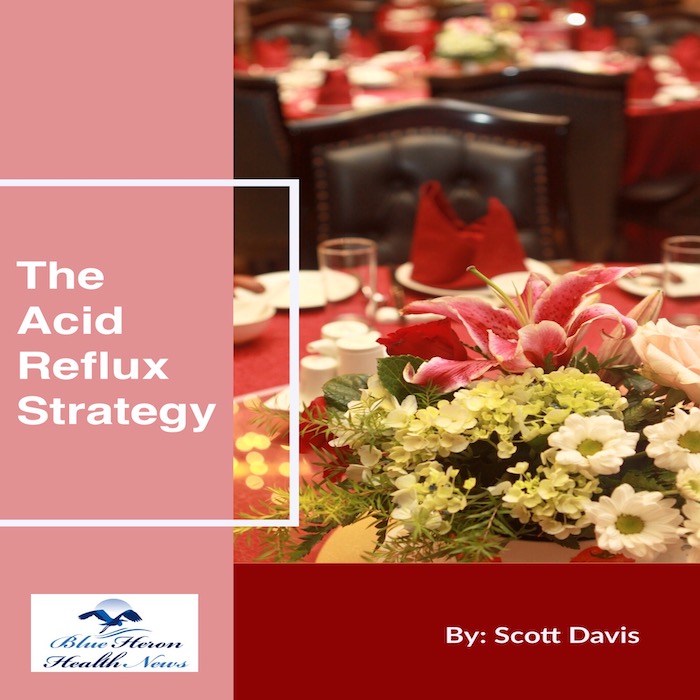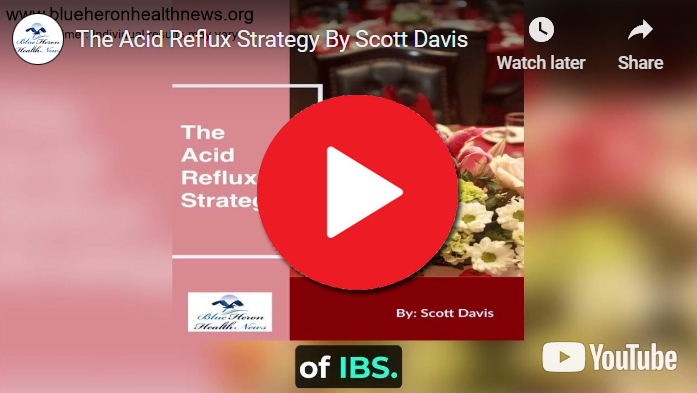
Acid Reflux Strategy™ By Scott Davis According to this eBook, you can start removing the symptoms of acid reflux and other similar problems just by making some changes in your diet, levels of stress, and lifestyle. It will guide you on how to change from the combination of food items to the sleep positions to relieve your problems. It also includes a list of food items you should focus on while shopping for it to find a natural treatment for your symptoms.
How can diet affect acid reflux?
Diet plays a significant role in the management of acid reflux, as certain foods and eating habits can trigger or worsen symptoms. Acid reflux occurs when stomach acid flows back into the esophagus, causing discomfort such as heartburn. Understanding which foods and dietary practices can contribute to acid reflux can help in managing and preventing symptoms. Here’s how diet can affect acid reflux:
1. Foods That Trigger Acid Reflux
Certain foods are known to relax the lower esophageal sphincter (LES) or increase stomach acid production, both of which can lead to acid reflux. Common triggers include:
- Spicy Foods: Spices like chili, pepper, and other hot spices can irritate the esophagus and trigger reflux symptoms.
- Fatty Foods: High-fat foods, including fried foods, fatty meats, and full-fat dairy products, can relax the LES and delay stomach emptying, increasing the risk of acid reflux.
- Citrus Fruits and Juices: Oranges, lemons, grapefruits, and their juices are highly acidic and can irritate the esophagus.
- Tomato-Based Products: Tomatoes and tomato-based products like sauces, ketchup, and salsa are acidic and can exacerbate reflux.
- Caffeine: Found in coffee, tea, chocolate, and certain sodas, caffeine can relax the LES and stimulate acid production.
- Chocolate: Contains both caffeine and theobromine, which can relax the LES and trigger reflux.
- Carbonated Beverages: Sodas and sparkling water can increase stomach pressure and contribute to reflux.
- Alcohol: Alcohol can relax the LES, increase stomach acid production, and irritate the esophagus.
- Onions and Garlic: These can trigger reflux in some people, possibly due to their strong flavor compounds.
2. Foods That May Help Manage Acid Reflux
In contrast, some foods may help reduce symptoms of acid reflux by calming the digestive system and providing protective benefits:
- High-Fiber Foods: Whole grains, vegetables, and fruits (except those that are acidic) can help prevent acid reflux by absorbing stomach acid and promoting healthy digestion.
- Alkaline Foods: Foods like bananas, melons, and green vegetables have a higher pH and can help neutralize stomach acid.
- Lean Proteins: Lean meats like chicken, turkey, and fish, as well as plant-based proteins like lentils and beans, are less likely to trigger reflux.
- Non-Citrus Fruits: Fruits such as apples, pears, and berries are less acidic and are generally safer options.
- Ginger: Known for its anti-inflammatory properties, ginger can help soothe the digestive tract. It can be consumed as tea, added to smoothies, or used in cooking.
- Oatmeal and Whole Grains: These can absorb stomach acid and provide fiber, which aids digestion and reduces reflux symptoms.
- Healthy Fats: Sources of healthy fats like avocados, nuts, seeds, and olive oil can be consumed in moderation, as they are less likely to cause reflux compared to saturated fats.
3. Dietary Habits and Practices
Beyond specific food choices, certain eating habits can also influence acid reflux:
- Eating Large Meals: Consuming large meals can increase stomach pressure and push acid into the esophagus. It’s better to eat smaller, more frequent meals throughout the day.
- Eating Before Bed: Lying down soon after eating can exacerbate acid reflux symptoms. It’s recommended to avoid eating at least 2-3 hours before lying down or going to bed.
- Eating Quickly: Eating too quickly can lead to overeating and swallowing more air, both of which can contribute to reflux. Eating slowly and chewing food thoroughly can help.
- Staying Upright After Meals: Sitting or standing after meals can help prevent reflux by allowing gravity to aid in digestion.
- Avoiding Tight Clothing: Tight clothing, especially around the abdomen, can increase pressure on the stomach and promote reflux.
4. Beverage Choices
Certain beverages can also impact acid reflux:
- Water: Drinking water can help dilute stomach acid and flush it from the esophagus. However, drinking large amounts of water during meals can increase stomach volume and pressure, leading to reflux.
- Herbal Teas: Non-caffeinated herbal teas like chamomile, licorice, and ginger tea can soothe the digestive system and reduce reflux symptoms.
- Avoiding Certain Beverages: As mentioned earlier, caffeine, alcohol, carbonated drinks, and citrus juices can exacerbate acid reflux and should be limited or avoided.
Conclusion
Diet can significantly affect acid reflux by influencing the amount of acid in the stomach, the function of the LES, and the overall digestion process. Identifying and avoiding trigger foods, adopting healthy eating habits, and incorporating reflux-friendly foods can help manage symptoms and improve quality of life. It’s important for individuals to observe their responses to different foods and adjust their diet accordingly. Consulting with a healthcare provider or a dietitian can also provide personalized guidance and support in managing acid reflux through diet.
Acid Reflux Strategy™ By Scott Davis According to this eBook, you can start removing the symptoms of acid reflux and other similar problems just by making some changes in your diet, levels of stress, and lifestyle. It will guide you on how to change from the combination of food items to the sleep positions to relieve your problems. It also includes a list of food items you should focus on while shopping for it to find a natural treatment for your symptoms.
